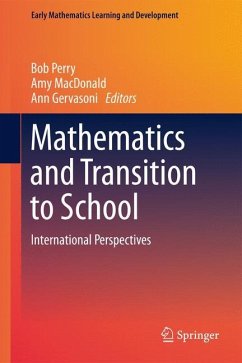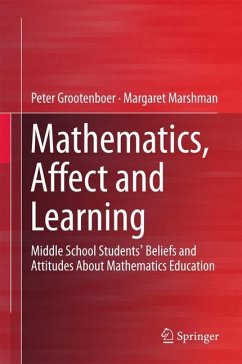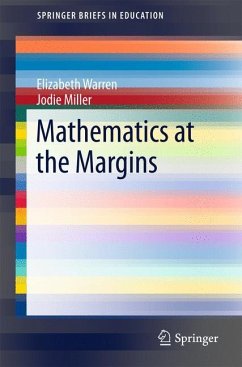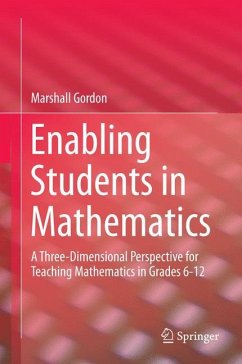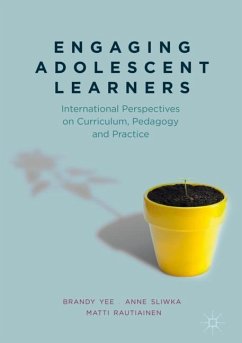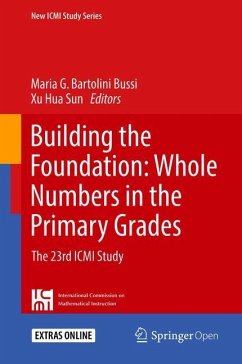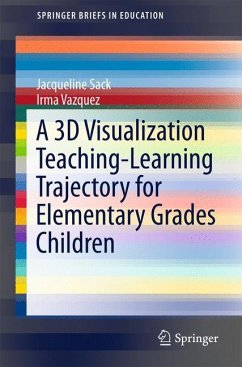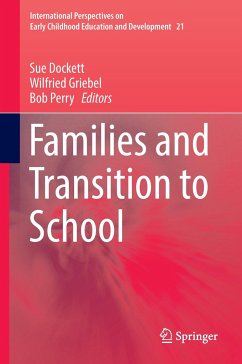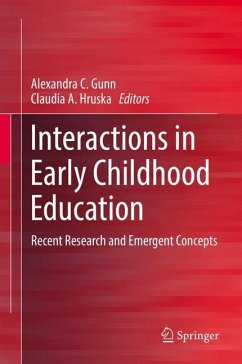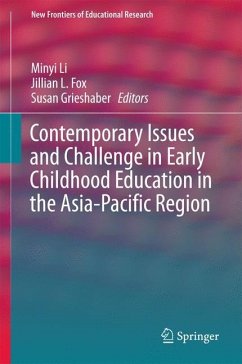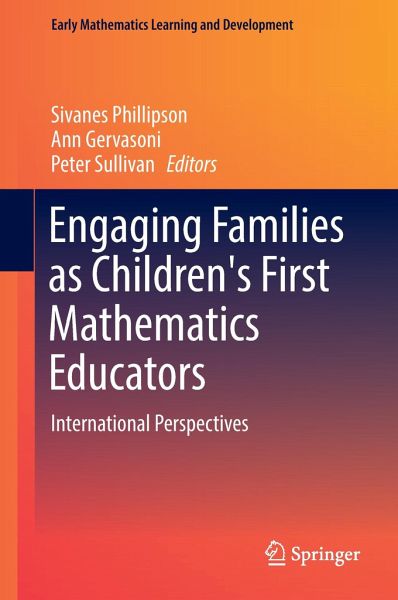
Engaging Families as Children's First Mathematics Educators
International Perspectives
Herausgegeben: Phillipson, Sivanes; Gervasoni, Ann; Sullivan, Peter

PAYBACK Punkte
38 °P sammeln!
This book explores how professionals can engage and inspire parents to support their young children's mathematics learning. Bringing together international experts, researchers and scholars, it proposes a framework for engaging with and supporting parents, including those who are less aware of the crucial development of children's mathematical skills in the early years. Focusing on mathematics learning from birth to 5 years, the book's underlying assumption is that it is possible to offer guidance to professionals working with families with young children concerning how to engage and support f...
This book explores how professionals can engage and inspire parents to support their young children's mathematics learning. Bringing together international experts, researchers and scholars, it proposes a framework for engaging with and supporting parents, including those who are less aware of the crucial development of children's mathematical skills in the early years. Focusing on mathematics learning from birth to 5 years, the book's underlying assumption is that it is possible to offer guidance to professionals working with families with young children concerning how to engage and support families in the area of mathematics learning, including those families who seem alienated from education services. Specifically, the respective chapters present a framework for understanding children's early mathematical development and the important role of families in this regard. They describe effective strategies for engaging families in their children's mathematics learning, including those who are marginalised and experience multiple disadvantages, so that all families can best support their children's mathematical learning and their development of positive attitudes towards learning. In closing, hurdles and opportunities within the systems surrounding family engagement are addressed.





